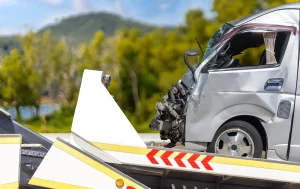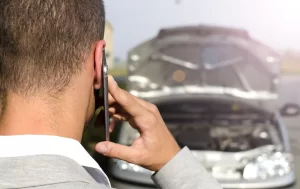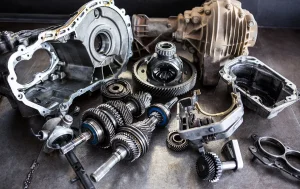Selling an unregistered car in Australia can be a daunting task, but with the right knowledge and preparation, you can navigate the process smoothly. In this comprehensive guide, we’ll walk you through the steps to sell your unregistered car, ensuring a legal and hassle-free transaction. From obtaining a roadworthy certificate to navigating the paperwork, we’ve got you covered.
How to sell an unregistered car in Australia
Obtain a Roadworthy Certificate
Before selling your unregistered car in Australia, it’s essential to obtain a roadworthy certificate. This certificate ensures that your vehicle meets the minimum safety standards required for road use. Contact a licensed roadworthy inspector to assess your car’s condition. If your vehicle passes the inspection, you’ll receive the certificate, and if not, you’ll be provided with a list of necessary repairs.
Read More : Sell A Car Without A Roadworthy Certificate
Set a Fair Asking Price
Once you have the roadworthy certificate in hand, research the market to determine a fair asking price for your unregistered car. Consider factors such as the vehicle’s make, model, age, mileage, and overall condition. Online classifieds, car valuation websites, and local dealerships can be valuable resources for gauging the market value of your car.
Read More : Best Way to Sell a Car
Advertise Your Car
Effectively marketing your unregistered car is crucial for attracting potential buyers. Create compelling and detailed online advertisements with high-quality photos showcasing your vehicle from various angles. Highlight its features, condition, and the fact that it comes with a valid roadworthy certificate. Use popular online platforms, such as Carsales, Gumtree, or Facebook Marketplace, to reach a broader audience.
Be Transparent About the Unregistered Status
It’s important to be upfront and transparent about the unregistered status of your car in your advertisements. Clearly communicate that the buyer will need to register the vehicle before driving it legally. This transparency builds trust with potential buyers and reduces the risk of misunderstandings during the sales process.
Negotiate and Finalize the Sale
Once you find a potential buyer, negotiate the sale price and terms. Be prepared to answer questions about the roadworthy certificate, the reason for selling, and any other relevant details. Once an agreement is reached, it’s time to finalize the sale. Prepare a written agreement outlining the terms of the sale, including the agreed-upon price, any conditions, and both parties’ details.
Complete a Notice of Disposal
Before parting ways with your unregistered car, complete a Notice of Disposal form. This form notifies the relevant state or territory transport authority that you are no longer the registered owner of the vehicle. You can usually find this form on the transport authority’s website or obtain it from a local branch.
Provide a Receipt
Issue a detailed receipt to the buyer, including both parties’ names, contact information, the vehicle’s details (make, model, VIN), the sale price, and the date of the transaction. This receipt serves as proof of the sale and protects both the buyer and the seller in case of any future disputes.
Remove Your Personal Belongings
Before handing over the keys, ensure that you have removed all personal belongings from the car. Double-check the glove compartment, trunk, and any storage compartments to avoid leaving anything behind.
Read More : What is scrap car?
Conclusion
Selling an unregistered car in Australia involves several steps, from obtaining a roadworthy certificate to completing the necessary paperwork. By following this comprehensive guide, you can streamline the process and ensure a legal and smooth transaction. Transparency, proper documentation, and adherence to legal requirements are key to successfully selling your unregistered car while providing peace of mind to both you and the buyer.
Read More : Scrap Car Market in Australia




